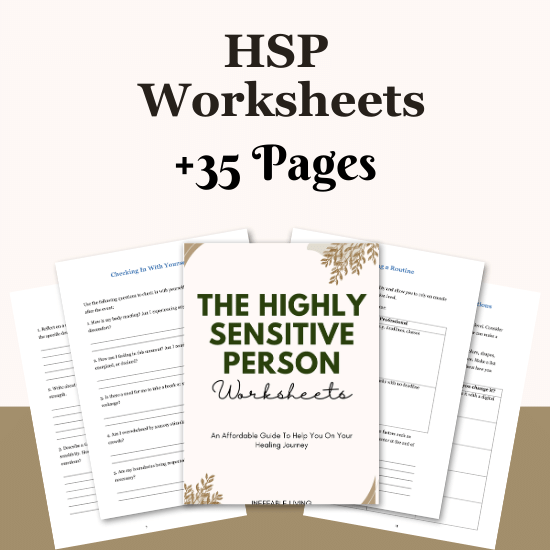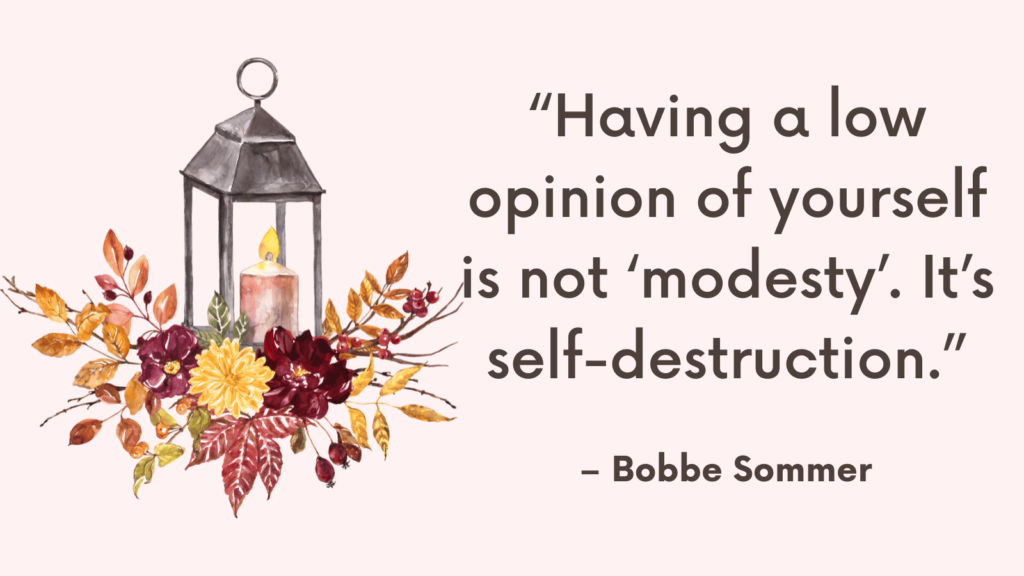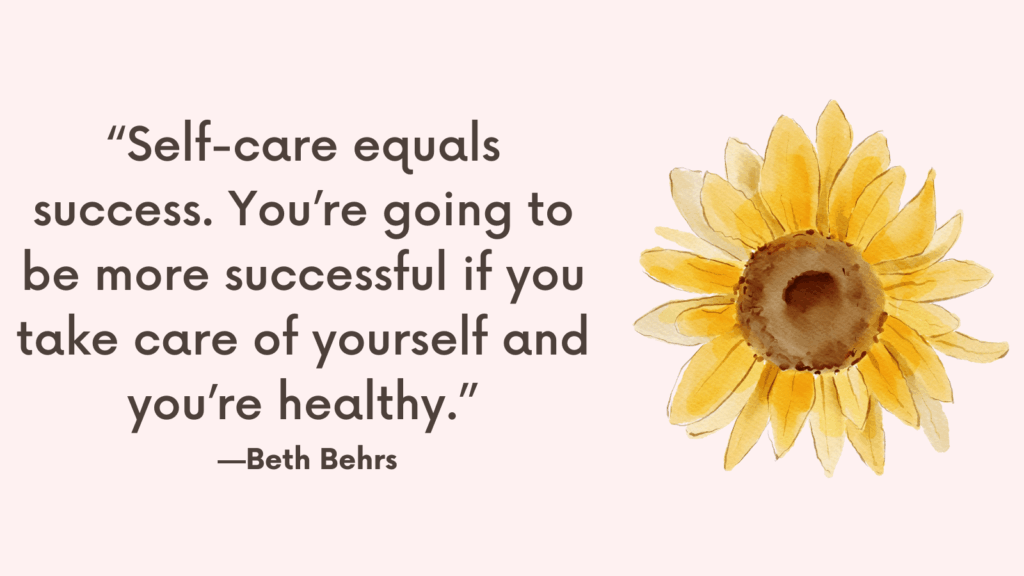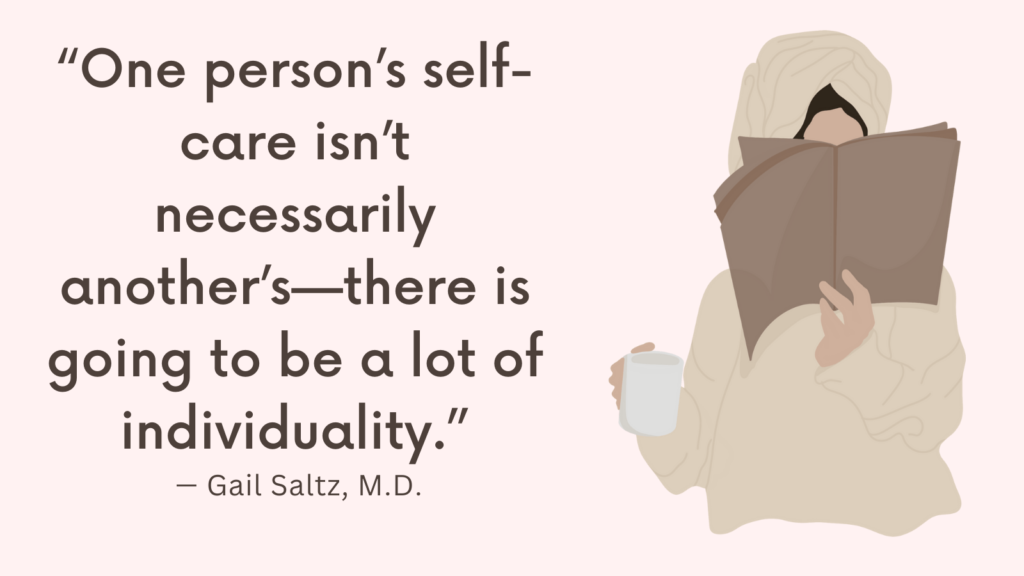In this post, you’ll learn the difference between introverted extrovert and extroverted introvert.
Introverted Extrovert Vs Extroverted Introvert
The terms “introverted extrovert” and “extroverted introvert” are often used to describe individuals who display characteristics of both introversion and extroversion.
While these terms are not recognized in formal psychological research, they can be helpful in understanding the complexity of human personalities.
An introverted extrovert, or “ambivert,” is someone who possesses qualities of both an introvert and an extrovert.
They may enjoy socializing and being around others, but they also need time alone to recharge their energy.
These individuals tend to have a balanced preference for both social interactions and solitude.
They can adapt well to various social situations, but they also value quiet and reflective moments.
On the other hand, an extroverted introvert is someone who primarily identifies as an introvert but may display occasional extroverted behaviors.
They typically prefer solitude and introspection, but they can also enjoy socializing in short bursts.
These individuals may need more time alone to recharge after social interactions compared to extroverts.
It’s important to note that these are broad categories, and each person’s personality falls on a spectrum.
It is not uncommon for individuals to exhibit different traits in different contexts or during different stages of life.
Understanding whether you resonate more with an introverted extrovert or an extroverted introvert can provide insights into your personal preferences and how you interact with others.
Recognizing and accepting these traits can contribute to a better understanding of yourself and potentially enhance your overall well-being.
Related: Top 6 Challenges For Introverts (& How to Overcome Them)
Signs You May Be Introverted Extrovert
1. Enjoying social interaction, but needing time alone
Introverted extroverts often find joy in socializing and engaging with others.
They appreciate the company of friends, family, and colleagues, but also require periods of solitude to recharge and reflect.
2. Feeling energized by meaningful social connections
While introverts tend to feel drained by extended social interactions and extroverts draw energy from them, introverted extroverts find a balance.
They feel invigorated and fulfilled when engaging in deep conversations or spending time with a close-knit group of friends.
3. Valuing quality over quantity
Rather than seeking constant social stimulation, introverted extroverts tend to prioritize the quality of their interactions.
They prefer a few close relationships where they can invest their time and emotions deeply, rather than spreading themselves too thin across a large social circle.
4. Being thoughtful and introspective
Introverted extroverts often possess a reflective nature.
They internalize experiences, thoughts, and emotions, taking time to process and make sense of them.
This introspection fuels their personal growth and self-awareness.
5. Being comfortable with silence
Unlike pure extroverts who may feel uncomfortable with periods of silence, introverted extroverts are comfortable with moments of quiet.
They appreciate silence as an opportunity to think, observe, and recharge.
Related: Best 10 Books For Introverts
6. Enjoying both small talk and meaningful conversations
While introverts may struggle with small talk and extroverts thrive on it, introverted extroverts can navigate both realms.
They can participate in lighthearted conversations and connect on deeper levels, depending on the situation and the people involved.
7. Adapting well to different social settings
One characteristic of introverted extroverts is their ability to adapt to different social environments.
They can be outgoing and sociable in social gatherings, yet also maintain their sense of self, personal boundaries, and need for occasional solitude.
8. Thriving in one-on-one interactions
Introverted extroverts tend to excel in one-on-one conversations.
They appreciate the depth and authenticity these interactions offer, allowing them to establish meaningful connections by focusing their energy on a single individual.
9. Displaying a measured approach to risk-taking
Compared to extroverts who may be more impulsive and prone to seeking thrill and novelty, introverted extroverts often approach risk-taking more cautiously.
They carefully evaluate potential risks and rewards before engaging in new activities or ventures.
10. Being adaptable in social roles
Introverted extroverts can comfortably take on different social roles, depending on the situation.
They are capable of leading or participating in group activities, but can just as easily step back and support others when needed.
Related: How to Recharge As an Introvert? Top 10 Ways
Signs You May Be Extroverted Introvert
1. Enjoying social interactions but needing alone time
Unlike typical extroverts who thrive on constant social interaction, extroverted introverts still enjoy being around people.
However, they require periods of solitude to recharge their energy and process their thoughts and emotions.
2. Valuing deep connections over superficial interactions
Extroverted introverts tend to prefer meaningful and authentic conversations.
They find fulfillment in establishing deeper connections with a few close friends rather than engaging in numerous superficial relationships.
3. Being outgoing in social settings
Despite possessing introverted tendencies, extroverted introverts have the ability to be sociable and outgoing in social settings.
They are comfortable initiating conversations, participating in group activities, or taking on leadership roles when necessary.
4. Feeling drained by prolonged socializing
While extroverts typically gain energy from social interactions, extroverted introverts may feel mentally and emotionally exhausted after extended periods of socializing.
They require time alone to recharge and regain their equilibrium.
5. Having a rich inner world
Extroverted introverts often have active inner lives.
They enjoy introspection, contemplation, and reflection.
They may spend time daydreaming or engaging in creative pursuits as a way to process their thoughts and feelings.
Related: Top 8 Common Triggers For Empaths
6. Preferring small gatherings to large parties
While extroverted introverts can handle social events, they often prefer smaller, more intimate gatherings.
These settings allow them to engage in more meaningful conversations and connect with others on a deeper level.
7. Being comfortable with silence
Similar to introverts, extroverted introverts are comfortable with moments of silence.
They appreciate quiet time to think, reflect, and enjoy their own company.
Silence is not awkward or uncomfortable for them.
8. Needing time to prepare for social engagements
Prior to social events or gatherings, extroverted introverts may require some time to mentally prepare themselves.
They might engage in relaxation techniques, set goals for socializing, or establish a plan to manage their energy levels throughout the event.
9. Demonstrating a preference for meaningful activities
Extroverted introverts tend to gravitate towards activities that hold personal significance to them.
They may enjoy engaging in hobbies, pursuing creative outlets, or participating in activities that align with their values and interests.
10. Adapting well to social situations
Extroverted introverts possess the flexibility to adapt to various social situations.
They can easily shift between being sociable and outgoing, or quietly observing and listening.
This adaptability allows them to navigate social scenarios with ease.
Related: Best 30 Journal Prompts For Highly Sensitive Person




